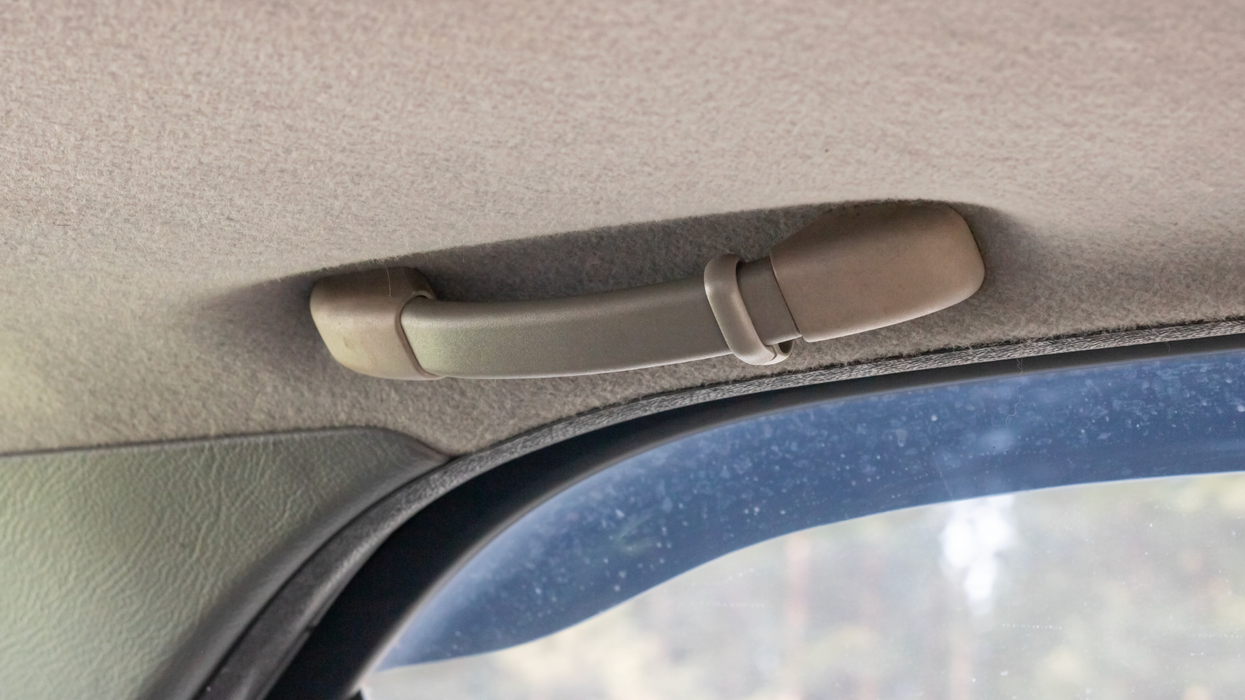Things are easier said than done, or so the old adage goes, and we couldn't agree more. That's why we do 30 Days of GOOD (#30DaysofGOOD), a monthly attempt to live better. Our challenge for July? Do It Yourself.
Tools: What to Get and Where to Get Them
A key component of "doing it yourself" is using the right tool for the job. All DIYers should have a toolkit with at least a basic set of hand tools. Then add specialty pieces for the type of projects you do the most. Below is a quick rundown of what to start assembling.
Here's my list of must-have hand tools. These are the ones you'll need for the projects we'll talk about this month:
- Screwdrivers: Phillips head (size #1) and slotted head
- Adjustable wrench
- Pliers
- Tape measure (25' tends to be a good length)
- Hammer (16oz curved-claw is a good general-use size)
- Tool box or bag (something open and easy to access works best)
Additionally, here are some useful, but not crucial, hand tools to start looking into. These become more important when you start doing mechanical/automotive work and woodwork:
- Socket set and ratchets
- Wrench set
- Clamps (There's a saying: "You can never have enough clamps." As you start working on projects, you'll find this is very true.)
- Sandpaper of various coarseness
- Saw (A general purpose handsaw is great for wood projects. You'll want a hacksaw for cutting metal.)
Beyond hand tools, power tools are very common and affordable additions to your kit. The first and most useful piece to get is a drill—cordless, if you anticipate moving locations frequently, but don't discount corded drills as they're cheaper, longer-lasting, and more reliable (nothing sucks like discovering that your batteries are all dead just as you start a project).
When shopping for tools, there are a lot of pre-packaged deals at the super-sized hardware stores. These can help you get started with the basics, and often for a very accessible price (but note that they aren't the best bet for people who put their tools to the test every day). Another great alternative (my favorite) is to shop around at the local garage sales. Every weekend, there are loads of used hand and power tools swapped for a fraction of their new prices. For hand tools, this tends to be a safe route; for power tools, I ask to plug in and test things to make sure the parts are all in working order.Lastly, for large projects, check with your local library for a tool-lending program. Many communities offer a wide range of tools that you can borrow and use, as long as you're a member of that library. I've done demolition with a jackhammer I borrowed from Berkeley's tool library (housed on the side of their regular book library), saving me a lot of money and time from having to buy or rent that tool for the job.
We're giving away $1000 for you to share your own DIY skills with others. Participate in our Host a GOOD Workshop challenge.
















 Otis knew before they did.
Otis knew before they did.